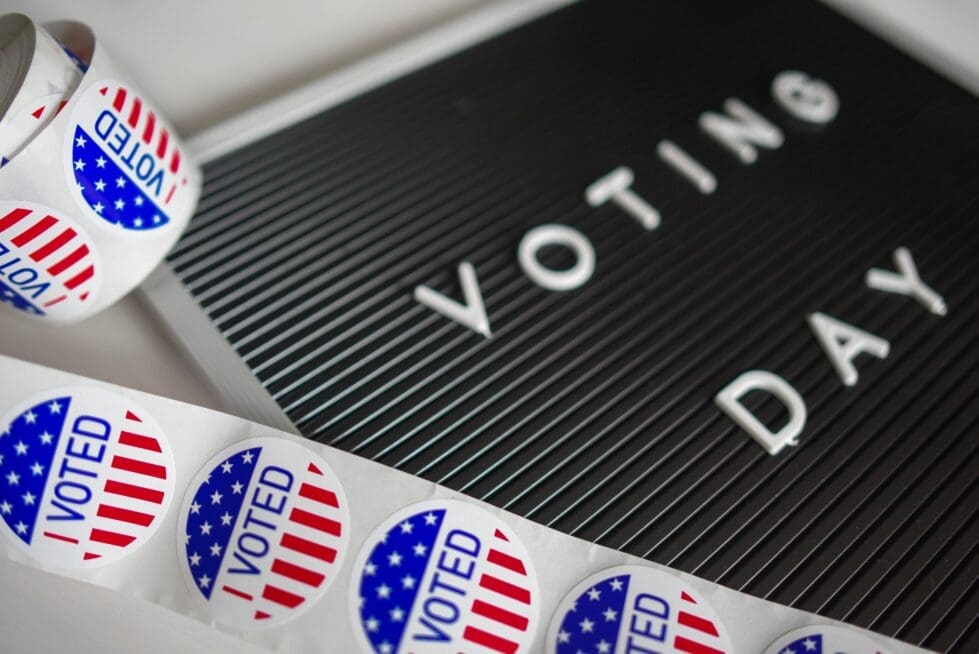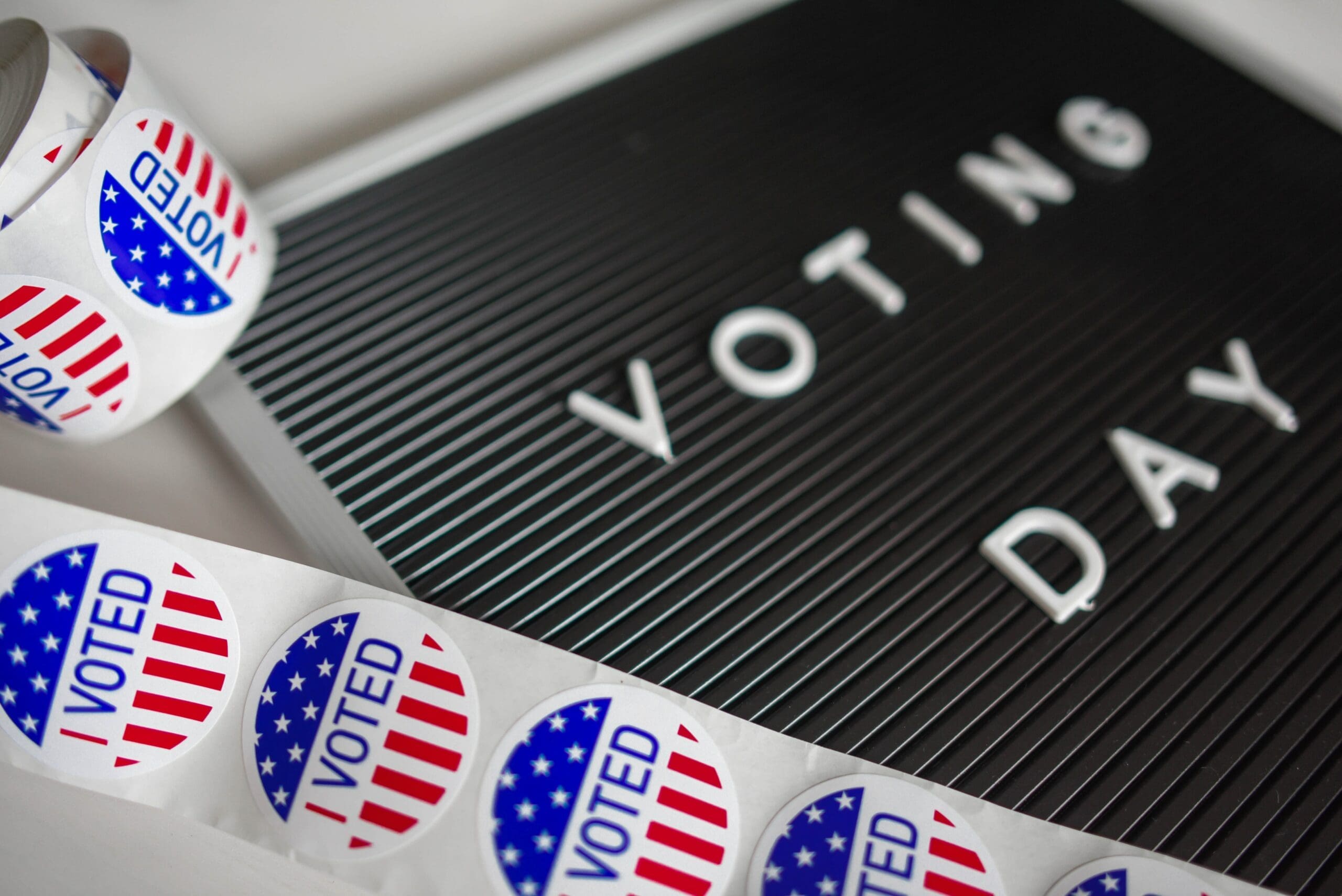A bill that would lower the voting age to vote in school board elections from 18 to 16 drew heavy criticism from both sides of the aisle in the House Education Committee Wednesday.
After an hour-and-a-half conversation filled with both Democrats and Republicans opposing the legislation, House Bill 96 was tabled Wednesday. That means the committee will take no further action on it.
It could be brought up again later, but there is no guarantee it will be.
HB 96, sponsored by Rep. Eric Morrison, D-Glasgow, would lower the voting age to 16 only for school board races.
Republican Reps. Mike Smith, R-Pike Creek and Rich Collins, R-Millsboro, said that the bill needs to more clearly state that it does not lower the age for district referendums.
“The most important thing the school board does is vote on taxes, property taxes,” Collins said. “16- and 17-year-olds do not pay property taxes unless they happen to own property, which is not very likely.”
Morrison’s talking points were that lowering the age to 16 would expose more people to the importance of Democracy and civic engagement, increase voter turnout for board elections which historically have turnout of less than 10%, allow teenagers to get into the habit of voting and allow students to voice their opinions on a board that makes decisions affecting their lives five days a week.
John Marinucci, executive director of the Delaware School Boards Association not only opposed the bill, but says it is unconstitutional since state law says the voting age for any election is 18.
MORE ON THE BILL: Should 16-year-olds be able to vote in school board races?
Rep. Cyndie Romer, D-Newark, questioned if lowering the age would really result in students voting in people who affect their education.
“40% of Christina School District students do not attend traditional public schools with elected boards,” she said. “So you’ve got charters that are self-elected and private schools that often don’t have boards themselves, but you’ll have students voting for school boards when those students have no say in the boards where they go to school.”
She noted the lack of life experience 16- and 17-year-olds have.
Rep. Stell Parker Selby, D-Milton, a former teacher in Cape Henlopen School District, said no one under 18 has any idea about what the board does, who the board members are and how it operates.
“I respect 16-year-olds and there are several who I’m sure are quite capable of voting,” she said. “But I do not feel that at this time, in our society with what’s going on, that 16-year-olds are concerned about going to be voting for school board members.”
Collins said he can’t entrust “kids” to vote when they just follow the latest TikTok trend.
“We’re talking about allowing kids who eat Tide Pods to vote in school board elections,” he said.
Morrison said he “personally takes offense” to that comment, and said it’s disrespectful for Collins to be a sitting member of the House Education Committee and think so little and low about Delaware’s youth.
Chair Kim Williams, D-Marshallton, quickly moved the discussion away from TikTok and Tide Pod-eating.
Also Wednesday:
- House Bill 83, sponsored by Williams, passed and was released to the House floor. HB 83 requires every public school and charter school to provide students enrolled in kindergarten with an oral health screening by the last day of each school year. Legislators applauded the bill and cited how problems with oral health lead to low self-esteem, lower performance, and higher absenteeism for students.
- House Bill 116, also sponsored by Williams, requires public institutions of higher learning to grant credit for advanced placement examination scores of 3 or higher. An institution may require a score higher than 3 if the credit is for meeting a course requirement for a particular major or program. The institution must publish its advanced placement score policies on its website. HB 116 was released by committee and heads to the House floor.
- House Bill 200, sponsored by House Majority Leader Rep. Valerie Longhurst, D-Bear, is an extension of two mental health laws that require more mental health professionals in elementary and middle schools. HB 200 extends the requirements to the high school level. Phased in over three years, the final ratio will be for 250 students grades in grades nine through twelve, there will be one full-time school counselor, school social worker, or licensed clinical social worker. Also, per 700 students, one school psychologist will be required. HB 200 was released and will be discussed on the House floor.

Raised in Doylestown, Pennsylvania, Jarek earned a B.A. in journalism and a B.A. in political science from Temple University in 2021. After running CNN’s Michael Smerconish’s YouTube channel, Jarek became a reporter for the Bucks County Herald before joining Delaware LIVE News.
Jarek can be reached by email at [email protected] or by phone at (215) 450-9982. Follow him on Twitter @jarekrutz and on LinkedIn
Share this Post










